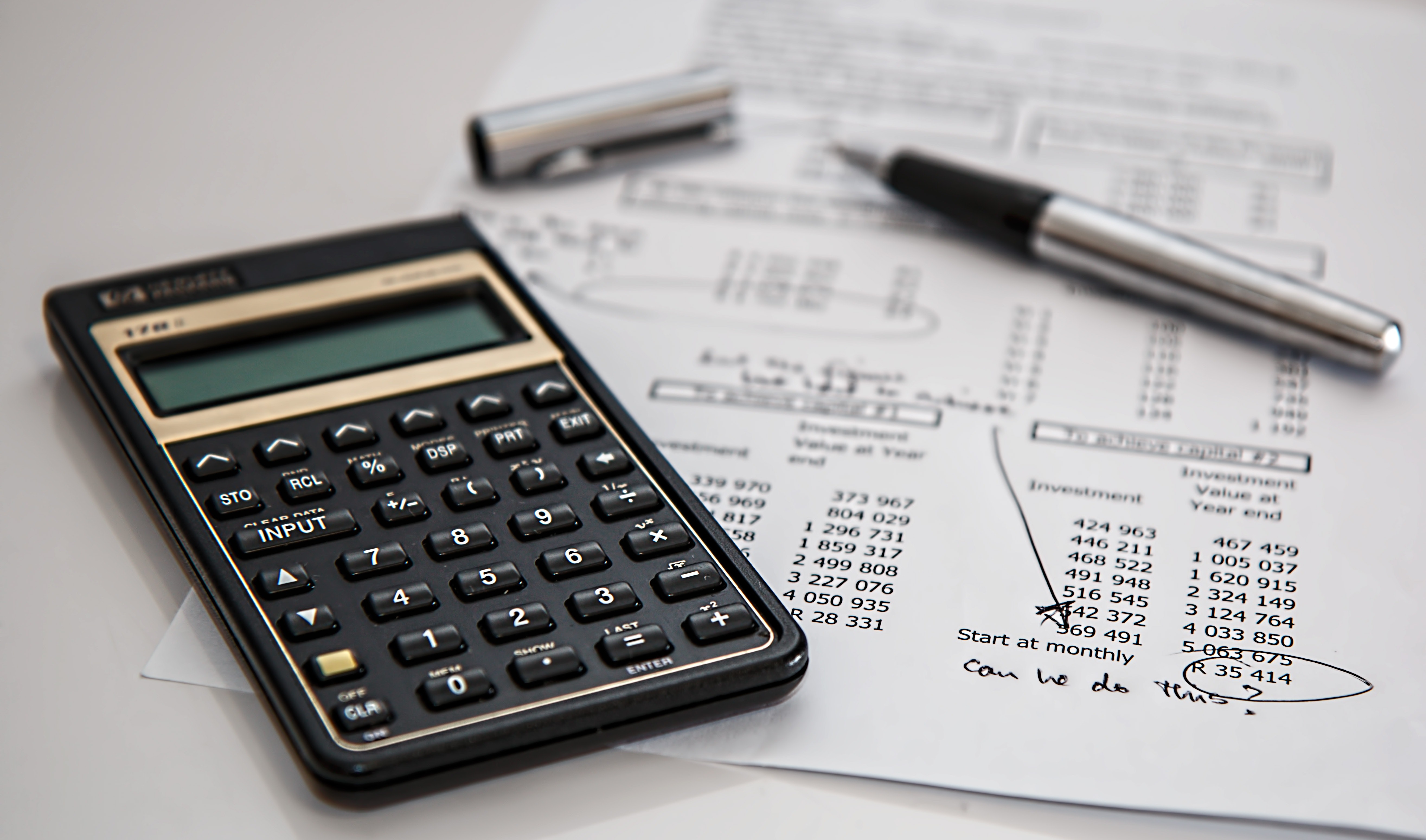CPG companies spend huge amounts of time and money on trade promotions, yet over 40% of companies aren’t satisfied with their ability to manage them. With so much on the line, more and more brands are looking for ways to improve their trade promotion management (TPM) strategies.
In the past, the norm has been to look at each promotion as an independent entity. The majority of TPM focused solely on planning, execution, and post-promotion analysis of each individual promotion activity. However, the industry has evolved to recognize the importance of taking a more holistic approach to TPM by integrating it with other systems and tracking trade promotion data long-term alongside other major business analytics.
Industry experts now suggest integrating TPM strategies with trade promotion optimization (TPO), which takes a data-driven approach to trade promotions to produce predictive analytics resulting in better resource planning. The integration of these two processes is often referred to as TPx. TPx enables managers to make stronger, more informed trade promotion decisions that ultimately improve effectiveness while driving down costs.
Why Move From TPM to TPx?
We provide three examples below to demonstrate the value of a TPx approach to trade promotions. By using an integrated TPx model, brands equip themselves with forward-thinking vision that takes into account what has and hasn’t proven successful in the past. This empowers them to engage in a cycle of continuous improvement and iteration in the field.
This major process advancement is possible because CPGs today can access and report on multiple data points from a single platform, thus allowing for greater agility in execution. This contrasts with systems past, in which brands didn’t have fast or easy access to vital retail data and, therefore, were forced to make changes at a much slower pace. Brands now can access real-time data from almost anywhere, streamline communication and reporting processes, and perform analysis at a much quicker pace. This means brands are able to make better-informed decisions in a more timely manner, which makes a meaningful difference in the field.
Where to Integrate TPM and TPO
Pricing
The pricing component of TPM is crucial. An inaccurate promotion pricing model can cause brands to end up with a negative ROI either through overly discounting products or failing to price competitively enough.
To avoid pricing mishaps, brands can incorporate TPO capabilities. Using a centralized data source, they can consider factors such as past promotion prices, competitor activity, and how to prepare for any “what-if” scenarios by analyzing multiple relevant data points available to them. Additionally, many advanced brands rely on pricing automation technologies that allow them to streamline the process and reduce the possibility of human error.
Budget
Another component of TPM that is extremely important is budgeting. Since the overall goal is to keep trade spend low and ROI high, brands engaging in promotions need to take their budgeting seriously.
In order to do this, we once again recommend brands take an integrated approach. Brands can use a TPx framework to look at past promotional spending and come up with a low, middle, and high-end budget that takes into account different potential factors that might influence how much is needed to fund a promotion, such as an unexpected out-of-stock or a sales spike that doesn’t quite reach what was forecasted.

Post-Promotion Analytics
Just because a promotion has run its course doesn’t mean the work is done. Post-promotion analytics are vital to any TPM strategy as they provide teams with the information they need to determine whether a promotion was a success or not.
A high-quality post-promotion analysis looks far beyond whether a brand experienced a brief jump in sales or not. First, teams need to make sure they are setting strong KPIs before hand to measure performance against predetermined goals. They will also need to relate future sales performance back to the promotion going forward to understand any changes or abnormalities in their base sales numbers. Finally, they will need to do a cost analysis to determine where any unnecessary spending occurred or where a larger investment might have been useful. By engaging in a holistic TPx-based version of post-promotion analysis, brands garner the ability to understand how their promotions are affecting their business in the long-term, not just over the course of a holiday season or for the duration of a sale.





